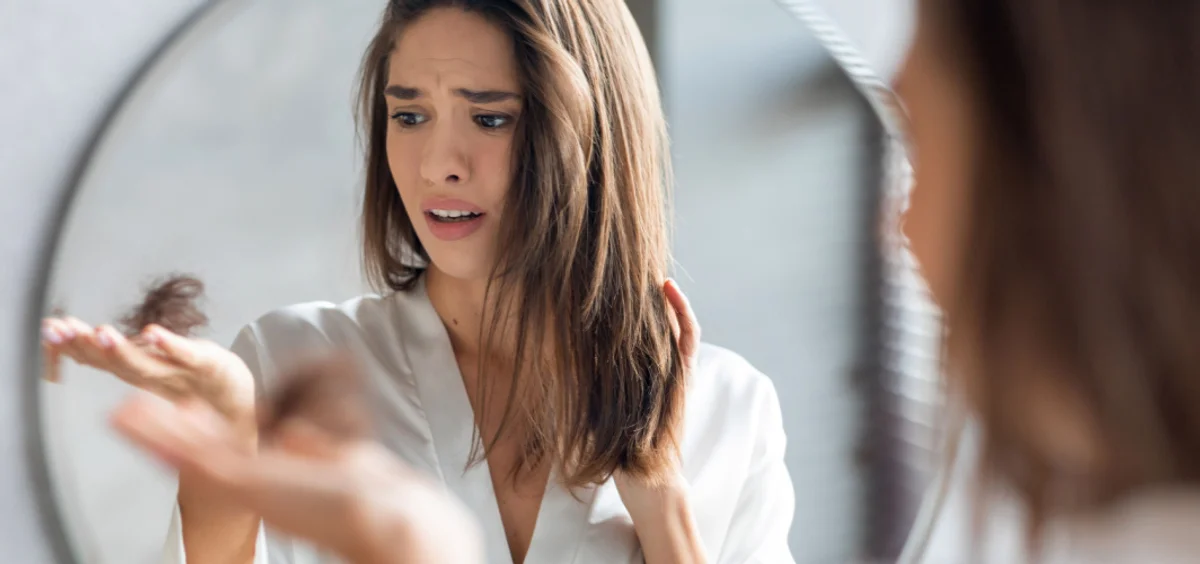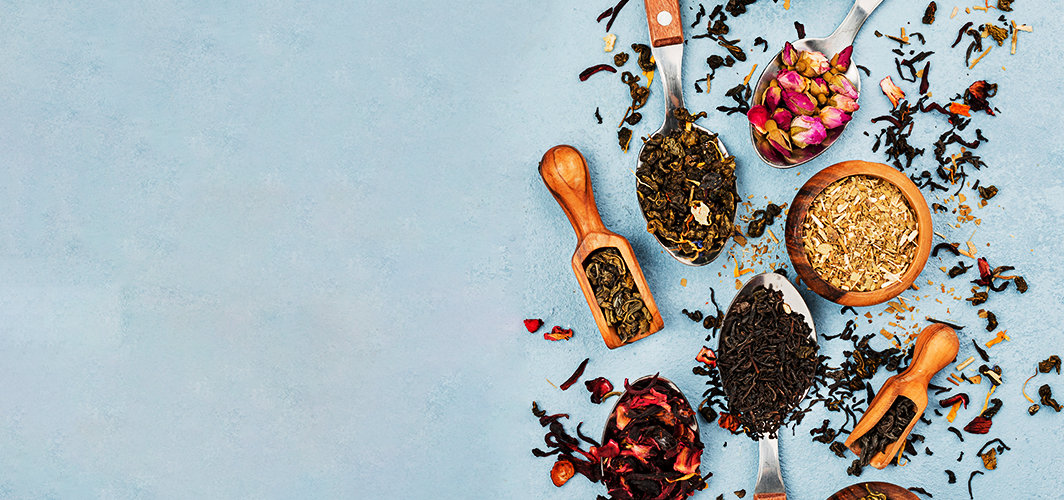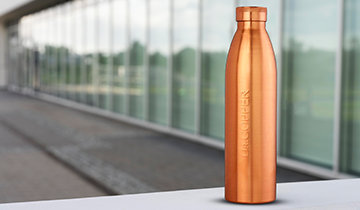- Home
- Blog
- Personal Care
Hair Loss Solutions: Medications, Nutrients, And Long-Term Care
Personal Care
Hair Loss Solutions: Medications, Nutrients, And Long-Term Care
By Apollo Pharmacy, Published on- 30 October 2023
Share this article
0
0 like

Hair loss is a common concern that affects both men and women. Understanding the causes of hair loss can help us find effective hair fall solutions to address this issue. Various factors contribute to hair loss, including genetics, hormonal changes, nutritional deficiencies, and certain medical conditions. Finding practical solutions is crucial, whether you're experiencing thinning hair, receding hairlines, or balding. In this guide, we'll explore a range of approaches to address hair loss, from medications and essential nutrients to long-term care strategies to support better hair care.
Nutritional Approaches to Hair Loss Prevention
Hair health is closely linked to your diet and nutrient intake. Nutritional approaches to hair loss prevention play a significant role in maintaining healthy, vibrant hair.
1. Vitamin A
Vitamin A plays a crucial role in maintaining scalp health. It helps produce sebum, an oily substance that moisturises the scalp and promotes healthy hair growth. Good food sources of vitamin A include:
- Sweet potatoes
- Carrots
- Spinach
- Kale
The daily recommended intake for adults is around 900 micrograms for men and 700 micrograms for women.
2. Vitamin E
Vitamin E possesses antioxidant properties that can promote hair growth by reducing oxidative stress and improving blood circulation to the scalp. Natural food sources rich in vitamin E include:
- Almonds
- Sunflower seeds
- Spinach
- Avocados
If you cannot meet your daily requirements of vitamin E through diet alone, you can use supplements. The recommended daily allowance of vitamin E for adults is 15 milligrams daily.
3. Omega-3 Fatty Acids
Omega-3 fatty acids are known to support hair follicle health. They help reduce inflammation in the scalp, which can contribute to hair loss. Good sources of omega-3 fatty acids include:
- Fatty fish like salmon and mackerel
- Flaxseeds
- Chia seeds
- Walnuts
The daily recommended intake is 1.1-1.6 grams daily for healthy people.
4. Protein
Protein is essential for maintaining hair strength and promoting healthy growth. It helps produce keratin, the main structural component of hair. Excellent choices for animal-based sources of protein for non-vegetarians are the following:
- Lean meats
- Fish
- Eggs
- Dairy products
For vegetarians and vegans, plant-based protein alternatives are the following:
- Legumes
- Nuts
- Seeds
- Tofu
The recommended dietary allowance of protein to prevent deficiency for an average sedentary adult is 0.8 grams per kilogram of body weight.
Medications for Hair Loss
Topical and oral medications are standard hair loss solutions. Always consult a doctor before starting any hair fall solution or supplement for hair loss. They can evaluate your needs and guide you towards the most suitable treatment options. Some options for medications include:
1. Minoxidil
Minoxidil is a hair loss medication that comes as a topical solution or foam. It is applied directly to the scalp and increases blood flow to the hair follicles, promoting hair growth. Minoxidil topical solution 1mL is recommended to be applied to the scalp two times a day for adults and 5-40 mg as single or divided doses orally for adults and children over 12 years of age. Minoxidil is generally well-tolerated, but some potential side effects include:
- Scalp irritation
- Itching
- Dryness
These side effects are usually mild and temporary.
2. Finasteride
Finasteride is an oral hair loss medication that blocks the conversion of testosterone to dihydrotestosterone (DHT), a hormone that can shrink hair follicles. Adults can consume 5 milligrams once a day. It is not recommended for children. Common side effects include:
- Chills
- Cold sweats
- Confusion
- Dizziness
- Faintness
- Lightheadedness when getting up from a lying or sitting position
By reducing DHT levels, finasteride can help prevent further hair loss and promote hair regrowth. It is important to note that finasteride is primarily used in men. Pregnant women should not use it.
3. Biotin
Biotin, or vitamin B7, is one of hair loss nutrients hat are crucial in promoting healthy hair growth. It helps strengthen the hair shaft, prevent breakage, and improve overall hair quality.
While biotin deficiency is rare, some studies suggest that taking biotin supplements as hair loss solutions may help improve hair loss in individuals with low biotin levels. Biotin dosing for adults is 30 to 100 micrograms per day. Biotin rarely has side effects. Taking too much could result in an upset stomach.
4. Iron
Iron deficiency is a common cause of hair loss, especially in women. Iron is vital in delivering oxygen to the hair follicles, promoting healthy hair growth. Taking iron supplements can help replenish iron stores and improve hair loss caused by iron deficiency. Adults require 8-15 mg of iron supplementation per day. Some common side effects include:
- Nausea or vomiting
- Heartburn
- Loss of appetite
- Constipation
- Diarrhoea
Long-Term Care for Healthy Hair
Finding the right solution for your hair loss may take time and patience. The following steps can help you improve hair texture and have healthier hair:
1. Massages
Regular scalp massages help promote blood circulation, which can stimulate hair growth. Massaging your scalp for a few minutes daily can improve blood flow to the hair follicles and nourish them with essential nutrients.
2. Cleansing
It is essential to use gentle cleansing techniques while washing your hair. Harsh scrubbing or hot water can damage the hair follicles, leading to hair loss. Choose a shampoo that suits your hair type and is free from harsh chemicals.
3. Stress Reduction
Stress can significantly impact hair health and contribute to hair loss. Chronic stress disrupts the natural hair growth cycle and can lead to increased hair shedding.
Incorporating stress reduction strategies as hair fall solutions into your daily routine, such as practising yoga or meditation, can help manage stress levels and promote healthy hair growth.
4. Styling
Over-styling your hair with heat tools or chemical treatments can weaken the hair shaft and cause breakage or loss. Minimise heat styling tools, such as straighteners and curlers, and opt for heat-protectant products when styling.
5. Traction Alopecia
Traction alopecia is a common form of hair loss caused by tight hairstyles that pull on the hair follicles. To prevent this, avoid hairstyles that require excessive pulling or tension on the hair.
6. Physical Activity
Exercise not only benefits your overall health but also promotes healthy hair growth. Physical activity increases blood flow throughout the body, including the scalp, delivering essential hair loss nutrients to the hair follicles.
Incorporate exercises like cardio, strength training, or yoga into your routine to maintain optimal blood circulation and support healthy hair growth.
Conclusion
In conclusion, taking care of your scalp, managing stress levels, avoiding harmful hair practices, and regular exercise are essential long-term care measures for maintaining healthy hair and preventing further hair loss. In addition to hair loss medications, certain nutrients can be crucial in maintaining healthy hair. Nutrients like biotin, zinc, and iron promote hair growth and prevent loss. A balanced diet rich in these hair loss nutrients can help support healthy hair. While these hair fall solutions can be helpful, it is essential to note that everyone's hair loss journey is unique. Therefore, consulting a healthcare professional or dermatologist for personalised advice based on your needs and conditions is recommended.
FAQs
Q. Is age a factor in hair loss?
Yes, age can contribute to hair loss. Our hair follicles gradually shrink as we age and produce thinner and shorter strands. While age-related hair loss is common, it is possible to slow down its progression with appropriate hair loss medications.
Q. Can certain medications cause hair loss?
Some medications can contribute to hair loss as a side effect. Examples include chemotherapy drugs, antidepressants, blood thinners, and certain acne medications. Consult your doctor to adjust your treatment plan.
Q. Is there a cure for hair loss?
Currently, there is no known cure for hair loss. However, various treatments and hair fall solutions are available to help manage and slow down the progression of hair loss. It is best to consult a doctor to determine the most suitable approach.
Q. Can wearing hats or helmets cause hair loss?
Wearing hats or helmets alone does not directly cause hair loss. However, if they are too tight or put excessive pressure on the scalp, they can contribute to traction alopecia — a type of hair loss caused by tension on the hair follicles.
Q. Are there any natural remedies for hair loss?
While there is limited scientific evidence to support the effectiveness of natural remedies, some individuals have reported positive results with specific options. It is essential to consult with a doctor before trying any natural remedies.
Services
Personal Care
Leave Comment
Services
Recommended for you

Personal Care
Effective Herbs To Lower Your Blood Sugar Levels
If you are one of the millions of people who suffer from high blood sugar, you know how important it is to keep your sugar levels under control. While there are many prescription medications available to help manage blood sugar, many people prefer to use natural methods instead.

Personal Care
Copper Bottle: The Healthier and Better Way to Drink Water
Do you drink enough water every day? If not, you should start increasing your water intake! Not only is drinking water essential for overall health, but it can also help with weight loss, improve skin complexion, and boost energy levels.

Personal Care
7 Ways to Strengthen Your Immunity This Winter
The winter season is a time when immunity tends to weaken. Your immunity refers to your body's ability to fight infection and disease. The immune system is made up of a complex network of organs, tissues, cells, and proteins that work together to protect the body from harmful invaders.
Subscribe
Sign up for our free Health Library Daily Newsletter
Get doctor-approved health tips, news, and more.

